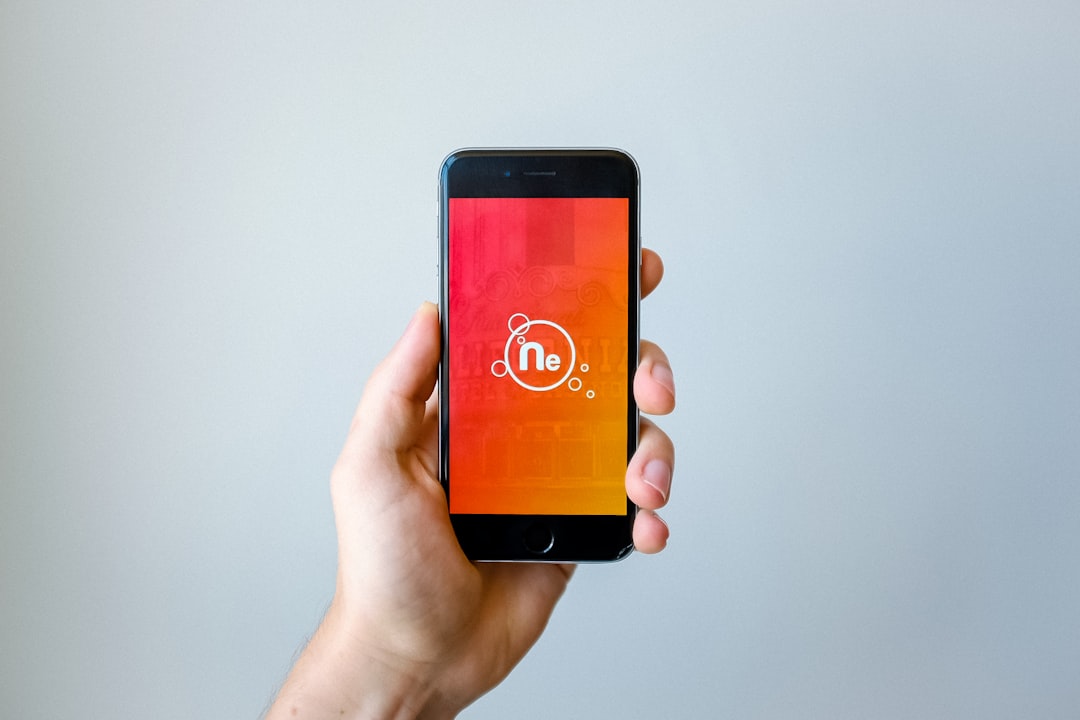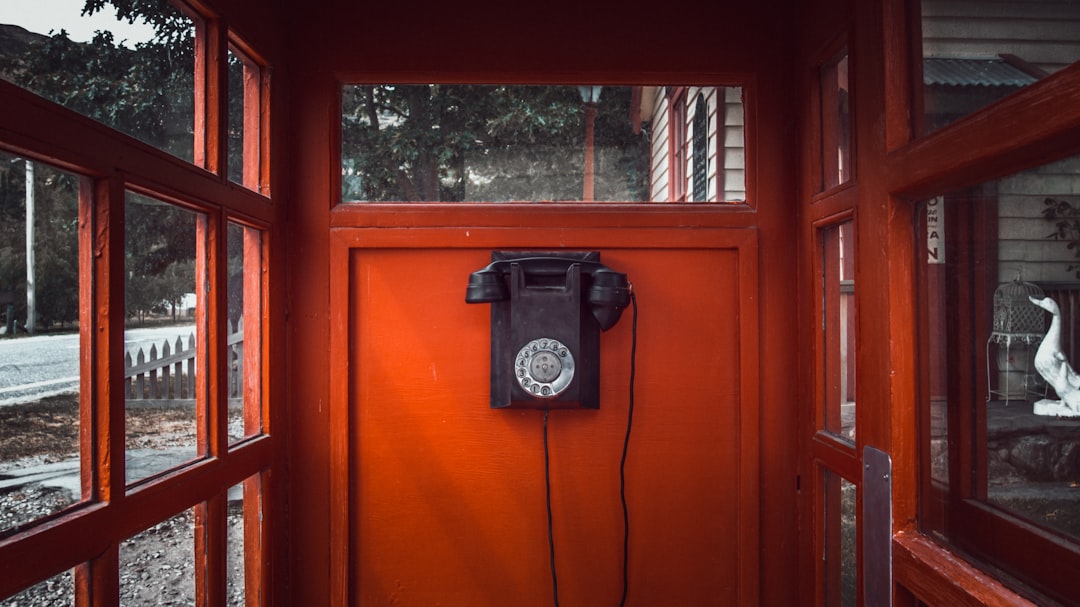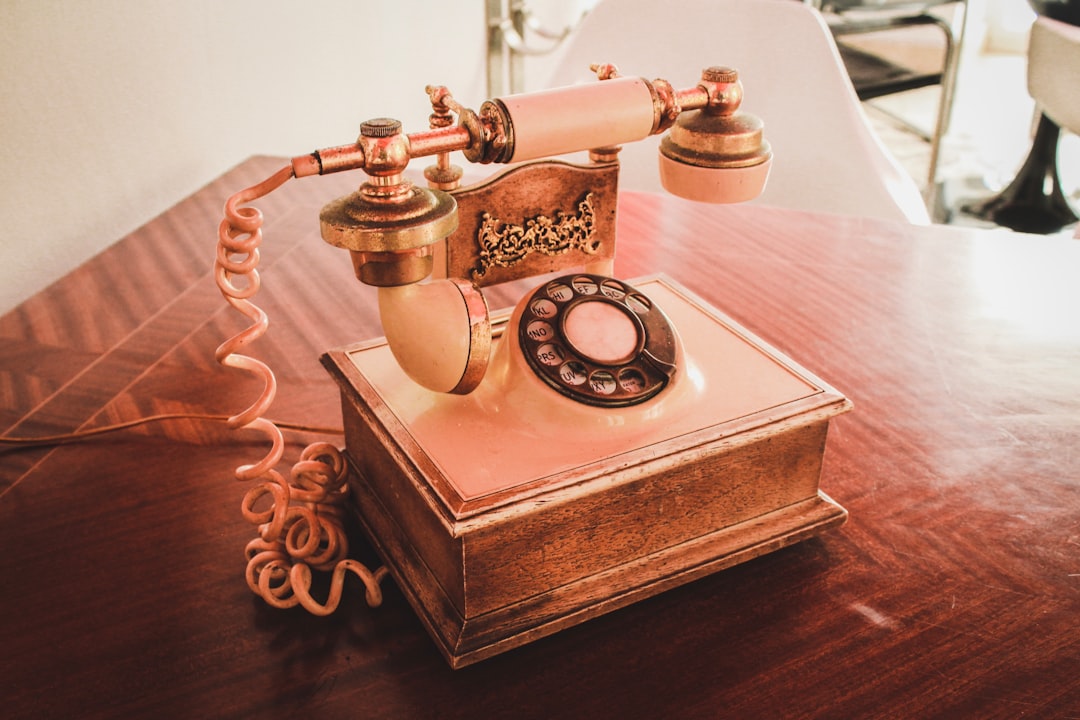Maryland's Do Not Call laws, strengthened by HB 1228, empower residents to curb unwanted telemarketing calls and protect their privacy. Businesses operating in or targeting Maryland must obtain explicit consent before making sales or promotional calls to avoid penalties. The legislation expands protected number lists, increases violations' penalties, clarifies consent requirements, and introduces stricter guidelines for telemarketers. Certain entities like political campaigns, charities, and schools are exempt, but businesses can claim relief if adhering to federal regulations like the TCPA. Non-compliance results in substantial fines and potential legal actions, with the Maryland Attorney General's Office investigating complaints. Consumers can register on the Do Not Call list and seek damages for unauthorized calls, enhancing protections under HB 1228.
Maryland’s Telemarketing landscape is evolving with significant legislative changes outlined in HB 1228. This article delves into the state’s Do Not Call laws, providing a comprehensive understanding of the recent updates and their impact on businesses and consumers alike. From key rule amendments to consumer rights and business responsibilities, we explore how HB 1228 reshapes Maryland’s telemarketing environment, ensuring compliance and safeguarding privacy in today’s digital era.
Understanding Maryland's Do Not Call Laws: A Brief Overview

Maryland’s Do Not Call laws are designed to protect residents from unwanted telemarketing calls. These regulations give consumers the power to opt-out of marketing messages, ensuring a quieter and more peaceful environment for those who prefer it. The state has implemented specific rules that businesses must follow, including obtaining explicit consent before making any sales or promotional calls.
Understanding these laws is essential, especially for businesses operating in Maryland or targeting its residents. Non-compliance can result in penalties, so companies should be vigilant about respecting consumer choices. With HB 1228, Maryland continues to update and strengthen its telemarketing regulations, emphasizing the rights of citizens to control their communication preferences.
HB 1228: Key Changes and Updates to Telemarketing Rules

HB 1228 brings significant updates to Maryland’s telemarketing rules, reinforcing the state’s commitment to protecting residents from unwanted calls. One of the key changes includes strengthening the Do Not Call laws by expanding the list of protected telephone numbers and increasing penalties for violations. This legislation also clarifies consent requirements, ensuring that consumers have more control over their communication preferences.
Additionally, it introduces new guidelines for telemarketers, mandating more transparent and respectful practices. These updates aim to strike a balance between enabling legitimate business interactions and safeguarding Maryland residents from intrusive telemarketing activities.
Who Does the Bill Affect? Exclusions and Exemptions

The Maryland Telemarketing Rules, as outlined in HB 1228, have a direct impact on businesses and individuals engaged in telemarketing activities within the state. This includes companies utilizing telephone networks to promote their products or services, as well as any organization employing sales agents who contact potential customers via phone. The bill aims to protect Maryland residents from unwanted calls by establishing clear guidelines and restrictions.
However, it’s important to note that certain entities and situations are excluded from these Do Not Call Laws Maryland. For instance, non-commercial organizations such as political campaigns, charities, and schools are granted exemptions, allowing them to contact residents for specific purposes without prior consent. Additionally, businesses may have relief if they can demonstrate compliance with other federal regulations, like those set by the Telephone Consumer Protection Act (TCPA).
Enforcement and Penalties: What Are the Consequences?

The enforcement of Maryland’s telemarketing regulations, particularly regarding HB 1228, comes with a set of penalties for non-compliance. Violations can result in substantial fines, ranging from $500 to $5,000 per call, depending on the severity and intent. These penalties are designed to deter unauthorized calls and protect residents from intrusive telemarketing practices. The Maryland Attorney General’s Office plays a pivotal role in investigating complaints and enforcing these laws, ensuring businesses adhere to the Do Not Call Laws.
In addition to financial consequences, offenders may face legal actions, including lawsuits filed by affected individuals or groups. The state’s regulations also empower consumers to seek damages for each unauthorized call they receive, providing an additional layer of protection. These strict measures aim to create a safer and more regulated telemarketing environment for Maryland residents while holding businesses accountable for their marketing strategies.
Consumer Rights and Business Responsibilities Under HB 1228

Under HB 1228, consumers in Maryland have been granted enhanced protections under the state’s Do Not Call laws. This legislation reinforces the rights of residents to control unwanted telemarketing calls by providing clear guidelines for businesses operating within the state. Consumers can now register their phone numbers on the Maryland Do Not Call list, ensuring they receive fewer intrusive sales calls.
The new rules also place significant responsibilities on businesses engaged in telemarketing activities. Companies must obtain explicit consent from consumers before making any sales calls and adhere to strict do-not-call requests. HB 1228 empowers residents to take action against violators by allowing them to file complaints with the Maryland Commissioner of Financial Regulation, who can then investigate and enforce penalties against non-compliant businesses.






